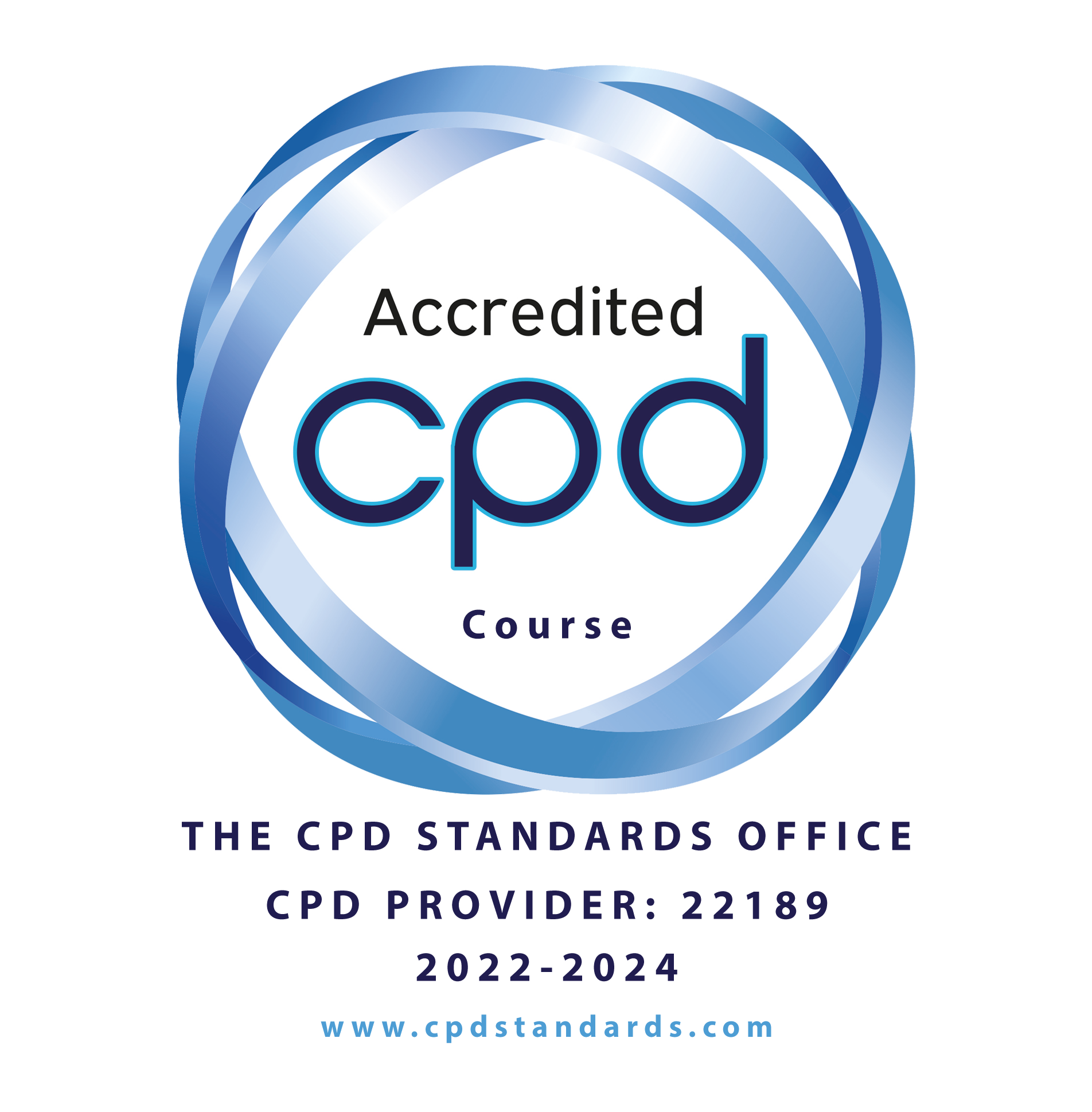Relapse prevention
Thoughts from our Diploma course on relapse prevention
The first weekend of 2016 and the staff and students can’t believe how quickly time has gone! The usual post-Christmas chat began, where people discussed what they did, or what little they did over the holiday. What they ate, drank, who they saw (because well its family and I need to visit), how stressful it is going round seeing everyone. A lot of people doing things that they really don’t want to do!
Lapse and relapse prevention
It got the staff thinking about how people indulge over Christmas, with full intentions to change in the new year. Resolutions are set for the first week in January and then two weeks later, the Dry January/Diet/smoking plan has been completely blown. So why do people fold like a deck of cards? Interestingly, the ACT team were discussing this weeks input on lapse and relapse prevention just now on the CBT Dip course.
Lots of questions…
What is a lapse and what is a relapse and how do they differ? How do you help clients identify their goal, and identify and highlight potential pitfalls, internally and externally? When is the best time to introduce a relapse prevention plan? Well, regardless of the goal, how do you keep going with the plan and not give in to temptation? What stops you from reaching for that delicious bottle of wine chilling in the fridge, or binging on the selection boxes you hid in the cupboard. The very treats that you banned yourself from having and made a promise to yourself were just for emergencies only (like when your fellow colleagues are trying your patience, or the kids are just running around creating chaos, making a mess of the house you have just spent two hours cleaning)
CBT can help break old habits
What stops you from going back to old habits? CBT can help people understand why people do what they do. It helps identify the thoughts that are the driving force behind behaviour and introduce new, tangible ways of thinking.
Cognitive Behavioural Therapy
If you are looking for therapists who offer Cognitive Behavioural Therapy for a range of mental health issues you can read more about it on this page. We offer therapy at Act Counselling and CBT Services and are happy to speak with you today should you wish to find out more and book in with one of our therapists. Get in touch with us today via our online contact form or call us on 0141 554 0838.
Get in touch >









